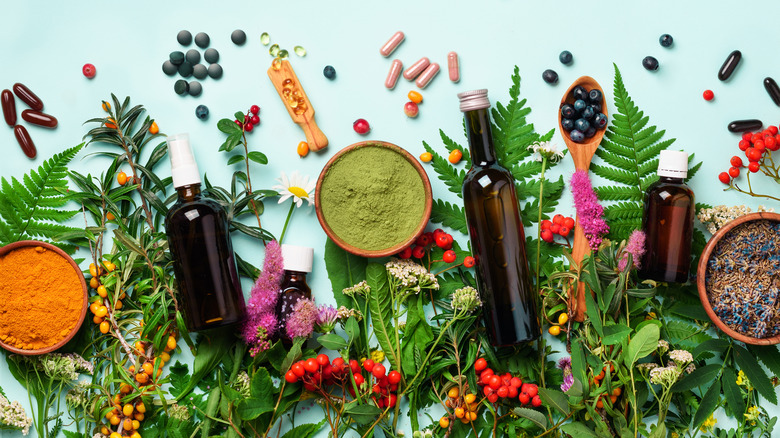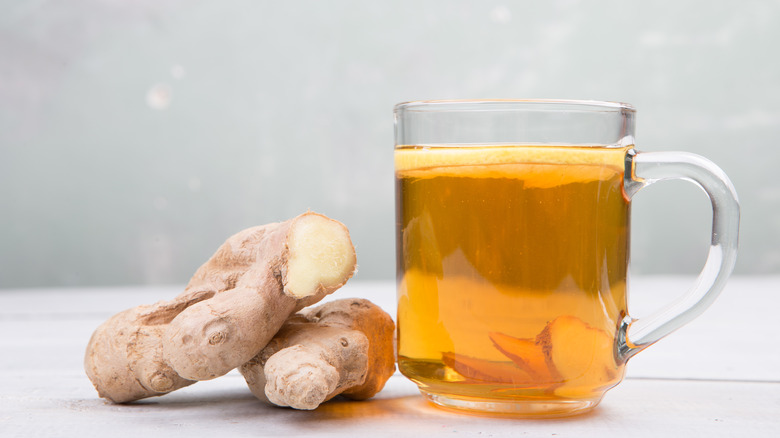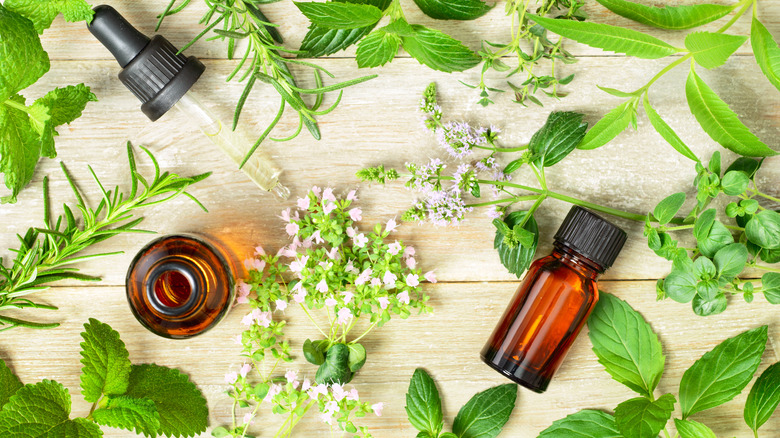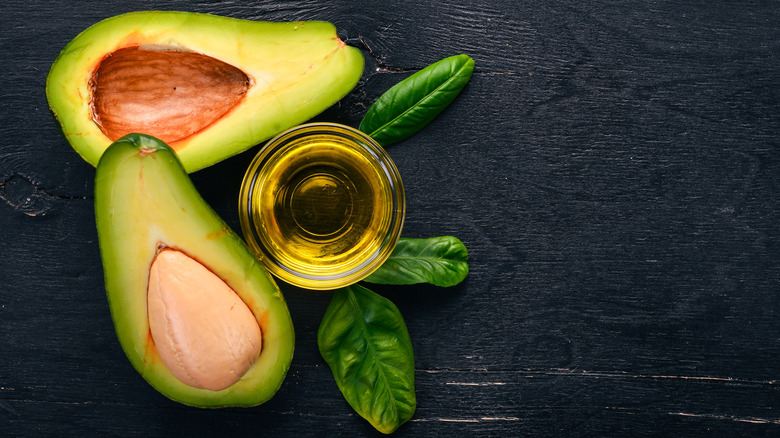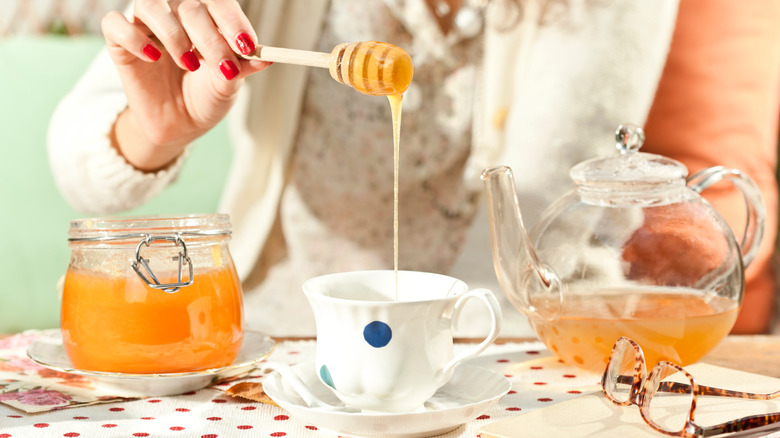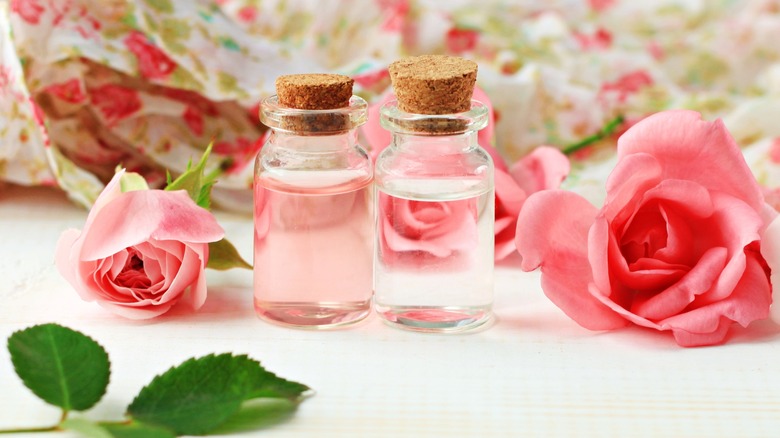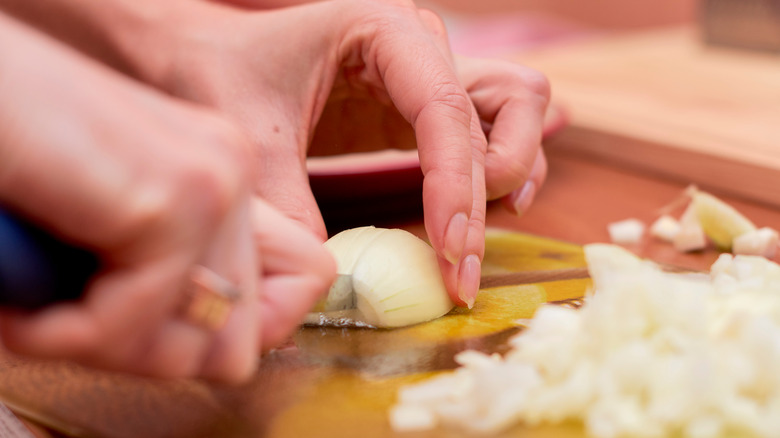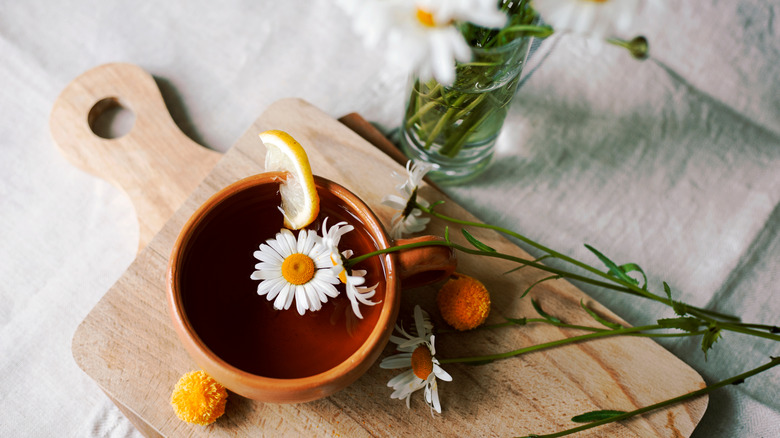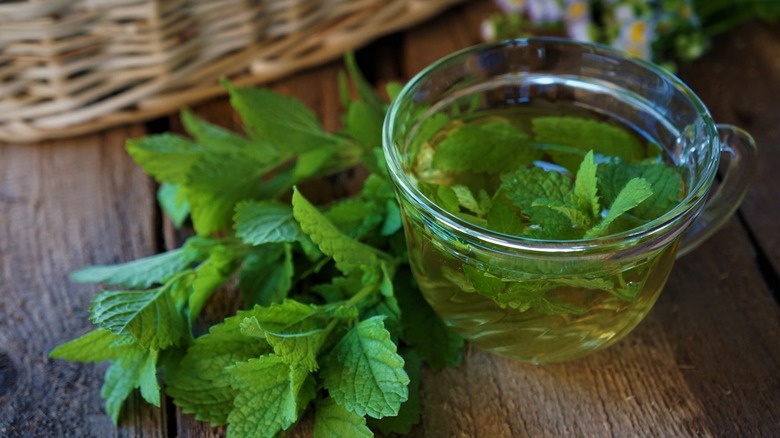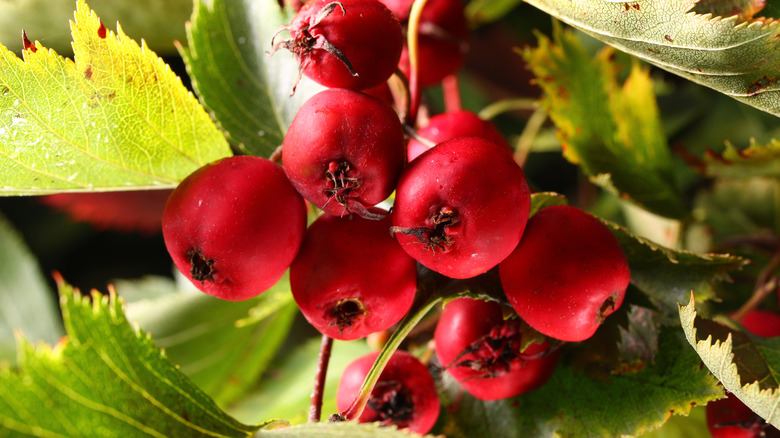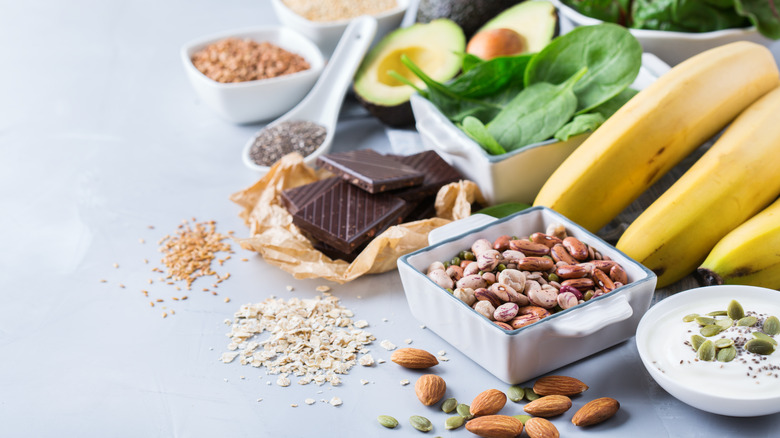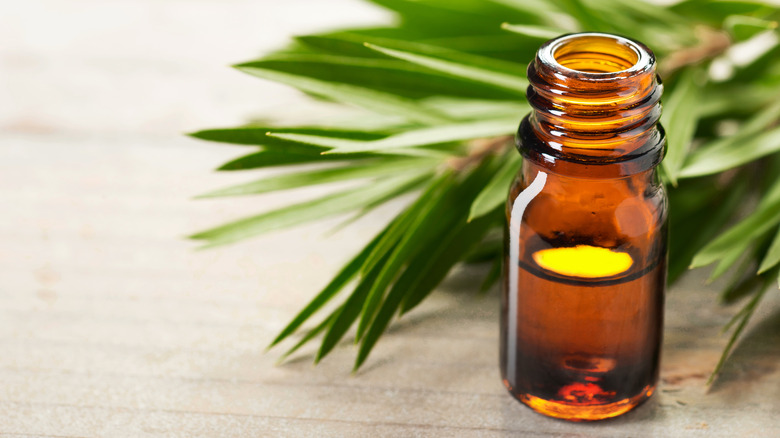Scientifically Proven Natural Remedies
Natural remedies are becoming more popular. Many Americans reading this article use some form of alternative — or "integrative" as it is now called — medicine. Why are so many people incorporating homeopathic methods these days?
"Patients are dissatisfied with the small amount of time they get with their doctors and with doctors who prescribe a pill for every ill," Andrew Weil, physician, author, lecturer, and founder of the Program in Integrative Medicine at the University of Arizona, told Healthline. "The integrative medicine movement is not a rejection of conventional methods. But patients are saying that the conventional model is not working, that it's broken. And they are right."
Even if you find yourself reaching for the ibuprofen over essential oils, you've probably still built up a repertoire of home remedies, such as tea with honey for a sore throat or ginger ale for an upset stomach. But do these sorts of "natural" treatments even work? Some do, and, according to science, these are the most effective natural remedies you can try.
Ginger tea is a natural remedy for nausea
Can an ice cold ginger ale really help soothe an upset stomach? We hate to be the bearer of bad news, but, no. Braden Kuo, a gastroenterologist at Massachusetts General Hospital, told Stat News' Boddities that it's "not necessarily the best thing" because the bubbles can irritate your stomach. Plus, drinking it cold "actually slows down the activity in the gut," the doctor added. If you're hell-bent on ginger ale, Kuo said it would be far better to drink it warm and flat. Blech.
Better yet, turn to ginger tea made with real ginger as a natural remedy. Christopher D'Adamo, an assistant professor at the University of Maryland School of Medicine, told The Cut that ginger has "strong anti-inflammatory properties." It can help relieve pain from menstrual cramps and other aches and pains. Registered dietitian Rochelle Sirota also told the publication that it's helpful for aiding digestion and curbing motion sickness. And yes, it can settle an upset stomach. Although D'Adamo revealed that it can't combat severe nausea, it can quell a minor stomach ache as well as morning sickness.
Use goji berries a natural remedy for basically everything
Goji berries are having a moment, and they deserve it. The superfood is, well, super. "These berries have more carotenoids than any other food, about [40 milligrams per 100 milligrams] of berries," nutritionist and herbalist Ward Bond told Reader's Digest. This makes them one of the best foods for eye health, according to the expert.
That's not all they do. Citing several comprehensive studies, Medical News Today reported that their strong antioxidant properties can help protect against illness and even cancer. Because these berries contain beta-carotene, they can improve your overall skin health. They've been shown to help improve quality of sleep, anxiety, and even depression. And, if that's not enough, they may also be effective in preventing and treating liver damage and regulating blood sugar. Essentially, goji berries are where it's at when it comes to natural remedies.
While most people can eat these berries without a problem, they could interfere with blood thinners as well as diabetes and blood pressure medications. As such, those on medications are advised to talk a doctor before adding goji berries to their diet.
Peppermint oil makes for a great natural remedy for tension headaches
Not all essential oils are able to deliver the results people want. In fact, many of the claims about the benefits these extracts possess are not backed up by science. While you shouldn't expect essential oils to be the be-all and end-all, some are very useful. Peppermint essential oil, in particular, has been scientifically proven to be an effective natural remedy in treating headaches.
After analyzing 164 headaches in 41 men and women between the ages 18 and 65, researchers in Germany revealed, "This controlled study showed for the first time that a 10% peppermint oil in ethanol solution efficiently alleviates tension-type headache. Peppermint oil thus proves to be a well-tolerated and cost-effective alternative to usual therapies." Just 15 minutes after applying the oil mixture to the forehead and temples, the oil "significantly reduced" the participants' headaches. According to Healthline, this is because the oil contains menthol, which has been found to relax muscles and ease pain.
Vegetable-based oils can work as part of natural remedies for moisturizing skin
If you've never used a veggie-based oil as a natural remedy to moisturize your skin, you're missing out. "Oils, such as avocado, olive, and coconut, can be very hydrating," dermatological surgeon and RealSelf contributor Sejal Shah told Reader's Digest. Gloria Noto, makeup artist and founder of the natural skincare brand Noto Botanics, agrees. "Oils sink right into the skin," she told Byrdie. "It's like food for your body."
Although lotion can be used just as well on damp skin as it can on dry skin, vegetable-based oils are best applied when your skin is still a little wet. "Immediately upon exiting the shower, gently pat skin dry with a towel, and then apply your moisturizer, mixing with droplets of water still left on skin," New York City dermatologist Rachel Nazarian explained to Byrdie. "This will help lock in the maximum amount of hydration possible." You'll just want to make sure to get an oil that is "as pure as possible with clean ingredients," Noto advised. After all, it's going to be seeping directly into your skin.
Honey is a natural remedy for a sore throat and a cough
If you wake up with a sore throat, you might put the kettle on and make a cup of tea with a generous amount of honey and lemon. You probably don't need science to tell you that this natural remedy makes you feel better, but why does it work so well? "Both lemon and honey are antimicrobial," Amanda Campbell, a holistic health practitioner, told Bustle, "so at the first sign of a cold, add them into a cup of hot water to help with a sore throat and boost your immune system."
Honey can also help with coughing. "In one study, children age 2 and older with upper respiratory tract infections were given up to 2 teaspoons (10 milliliters) of honey at bedtime. The honey seemed to reduce nighttime coughing and improve sleep," James M. Steckelberg, an infectious disease specialist based in Rochester, Minn., revealed in an article for the Mayo Clinic. "In fact, in the study, honey appeared to be as effective as a common cough suppressant ingredient, dextromethorphan, in typical over-the-counter doses."
Rose water is a key part of natural remedies for healthy skin
Rose water may sound like just another gimmick in the skincare world, but it's no snake oil. "Rose water helps acne because the essential oils in the rose have anti-microbial activity," Gabrielle Francis, a chiropractor and naturopath, explained to Reader's Digest. "Rose water also reduces wrinkles and age spots due to its anti-oxidants such as vitamin C and E and the flavonoids."
New York City-based dermatologist Jennifer Chwalek agrees with rose water's many advantages as a natural remedy. "The most important skin benefits of rose water are its anti-inflammatory effects, and its antioxidant effects on free radical damage," she told Elle. This means it's not just helpful for treating acne, but rosacea too. Because of its antibacterial properties, rose water has also been found to encourage wound healing.
If you're not all about putting it on your skin, it works wonders on hair too. "You can also mix a few drops of rose water in with your shampoo or conditioner to help hydrate your hair," Chwalek revealed.
An onion can prevent many ailments when used as a natural remedy
Adding onions to your diet can do wonders for your health, believe it or not. "Onions contain a high amount of sulfur compounds, which not only give onions their recognizable smell, but are also powerful detoxifying agents," Jonathan Stegall, a Georgia-based integrative medicine practitioner, explained to Medical Daily. Those compounds are powerful enough to prevent diseases and treat illness. Oh, and yes, they're also what makes you cry when you cut into them.
Despite burning your eyes, onions are thought to serve as a natural remedy and do some pretty amazing things, like potentially treating asthma. "Studies have shown that quercetin causes the bronchi of the respiratory tract to widen," the doctor revealed. And, while onion breath may be all kinds of offensive, chewing this vegetable can also kill germs and prevent tooth decay. If you mix up onions with turmeric, you'll create a concoction that can actually reduce your risk of getting cancer. Eating a lot of onions may even ward off diabetes and heart disease. Basically, onions are preventative medicine at its finest.
Chamomile can be use as a natural remedy to alleviate anxiety
Can a cup of tea really zen you out? Don't underestimate the power of a cup of chamomile. A 2016 study revealed that not only is longterm chamomile consumption safe, but it also "significantly reduced" moderate to severe generalized anxiety disorder (GAD) symptoms.
There's really no arguing about how great chamomile is as a natural remedy. In fact, an older study dubbed it an "herbal medicine of the past with [a] bright future" because of its "curative and preventive properties." While a cup of chamomile tea isn't exactly Xanax in liquid form, it can be helpful. "When people have anxiety and they're looking for non-pharmacological treatments, chamomile is always one of the first to come up," Chris D'Adamo, an assistant professor at the University of Maryland School of Medicine, told The Cut.
To make the anxie-tea (eh, eh?), you can buy its ready-made form or purchase dried chamomile. Registered dietitian Amy Shapiro recommends letting the chamomile steep for five to ten minutes for maximum benefits. If you're not a fan of the taste, you can also try chamomile supplements.
Dead Sea salts can be used as part of a natural remedy for psoriasis
Psoriasis, an autoimmune skin disease, can be difficult to treat. "Skin cells normally replicate every 28 to 30 days," nutritionist and herbalist Ward Bond explained to Reader's Digest. "In psoriasis, the skin cells replicate every three to four days." This leads to developing "elevated itchy plaques of raised red skin covered with thick silvery scales," according to eMedicineHealth.com.
While topical treatments may not be enough for everyone with this condition, people with psoriasis have long praised the benefits of the Dead Sea's salty water. "Though adding Dead Sea salts to your bath at home isn't quite the same — you're not in the 100-degree dry heat that the Dead Sea provides as well — many people find that psoriasis Dead Sea salt soaks can help alleviate their itching and burning," Bond explained. While it may not work as well as bathing in the inland sea, it is a whole lot easier to bring the Dead Sea to you than to bring yourself to the Dead Sea for this natural remedy.
Lemon balm is a natural remedy to improve brain health
If you live in a region with a lot of mosquitos, you already know that lemon balm is effective at repelling the little blood-suckers. What you may not have known is that lemon balm is equally great for the mind as a natural remedy.
Way, way back in 1597, herbalist John Gerard wrote that lemon balm was "good against the biting of venomous beasts, comforts the heart, and driveth away all melancholy and sadnesse" (via NBC News). And, well, the dude was right.
A 2014 study revealed that participants who consumed lemon balm experienced improved cognitive function. A study a decade earlier also found that participants who consumed lemon balm reported feeling calmer and less alert. But, as the later study would also demonstrate, this reduced feeling of alertness didn't decrease their cognitive functions. "In addition, a significant increase in the speed of mathematical processing, with no reduction in accuracy, was observed after ingestion of the [300 milligram] dose," the study revealed. Today, you can buy dried lemon balm to make a brain-healthy tea or consume the plant in supplement form, according to Healthline.
Cayenne pepper can be a natural remedy for reducing pain
Cayenne pepper adds a great flavor and kick to many meals, but it can also treat a variety of ailments as part of natural remedies. "Capsaicin, the active ingredient in cayenne peppers, gives the powder its spiciness and is used to treat aches and pains of the muscles and joints," Medical News Today revealed. A medicinal gel made with capsaicin was also found to be effective in treating mild to moderate osteoarthritic knees, a 2010 study cited.
Despite being an effective painkiller, detoxing with cayenne (plus lemon juice, maple syrup, and water) is not a good idea. Physician and registered dietitian Christine Gerbstadt told Today's Dietitian, "These diets range in nature from being both ineffective and extremely dangerous to just ineffective," adding, "The body needs to be detoxed if you are exposed to radioactivity or heavy metal or poisons, not food." She continued, saying, "Eating a healthy, balanced diet based upon variety and moderation such as less saturated fat, sodium, and simple sugars and more plant-based [foods] is the best way to stay healthy." Adding cayenne to your food is a wonderful idea, but "cleansing" with it is simply not necessary and potentially harmful.
Hawthorn berries play a part in natural remedies for hair growth and more
Maybe it's the name, but hawthorn berries don't seem to have quite the same allure as goji berries. Nonetheless, they're equally impressive when it comes to natural remedies. Hawthorn berries are not "new" — they've been used for centuries in Chinese medicine — but you may not know much about them. Like goji berries, they have strong antioxidant properties and therefore possess many of the same benefits.
Unlike goji berries, though, hawthorn berries are commonly used in commercial hair growth products, Healthline reported. It may sound random, but just as these berries can improve blood flow, they may just be able to encourage hair growth too. A study of mice in 2013 revealed that the extract not only increased the number of hairs but also the size of the hair follicles.
Because hawthorn berries have health benefits ranging from reducing fat in the blood to lowering cancer risks to preventing hair loss, adding hawthorn berries to your diet can be beneficial. If you can find them fresh, they're perfectly safe to eat raw. Like goji berries, you can also consume them in tea form.
Use magnesium in natural remedies for sleep
Good news, insomniacs: Magnesium is here to save the day... or, rather, night. A study conducted in 2012 found that taking magnesium supplements can reduce insomnia symptoms. "Magnesium is known as the anti-stress mineral," Carolyn Dean, a medical and naturopathic doctor and author of The Magnesium Miracle, told Bustle. "It helps relax muscles and acts as a sleep aid for natural deep sleep."
Although magnesium is an incredibly helpful sleep aide, most of us aren't getting enough of it. In an interview with the Epsom Salt Council, Dean said people today consume about 60 percent less magnesium as they did a hundred years ago. To up your magnesium intake, Dean recommends eating more magnesium-rich foods, such as kale, pumpkin, and sunflower seeds. Dean also recommends Epsom salt — that is, magnesium sulfate — baths. Magnesium will be absorbed through your skin in the process. You may also want to talk to your doctor to find out if taking magnesium supplements is the right natural remedy for you.
Tea tree oil is used in natural remedies to heal the skin
Wander down the skincare aisle of your local pharmacy and you're bound to see products containing tea tree oil. There's a reason for that. "When applied to the skin, this home remedy is said to help remove dry, dead cells," nutritionist and herbalist Ward Bond told Reader's Digest. He confirmed that everything from "tea tree oil soaps" to "topical creams" are available to purchase.
Although most of us may only know of tea tree oil as an ingredient listed on the back of our favorite lotion, Ward explained that the oil "comes from the leaves of the tea tree plant, which grows in Australia." Tea tree oil is great for the skin because of its antiseptic and anti-inflammatory properties. Some people even use it in place of deodorant, as mouthwash, or as an insect repellent, Healthline confirmed.
Tea tree oil obviously has many uses, but it may be best as a natural remedy for wound healing. One study revealed that people who used tea tree oil in conjunction with conventional treatment had a faster healing time compared to those who solely used conventional treatment.
